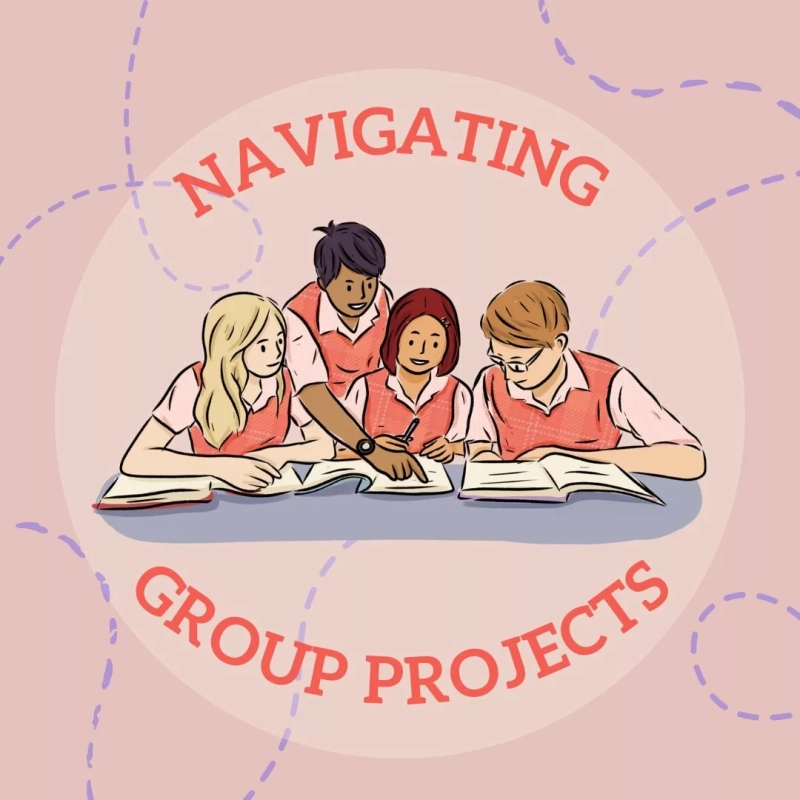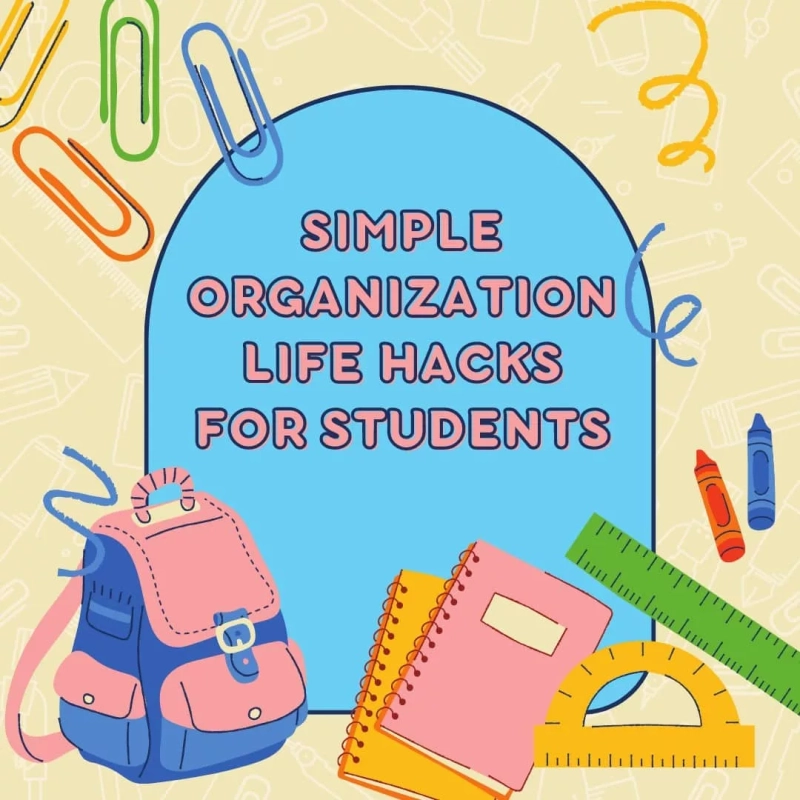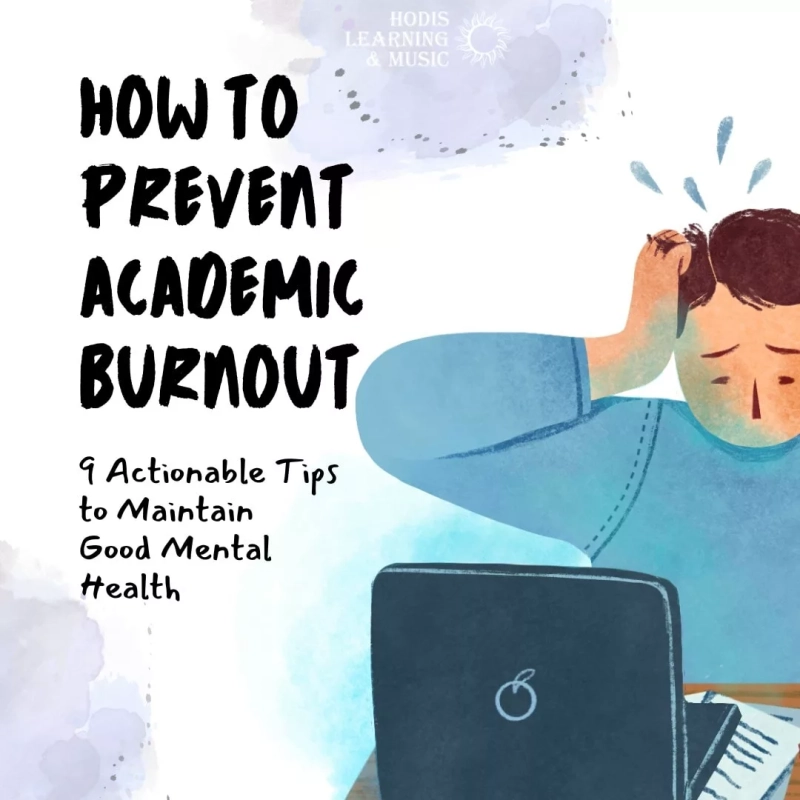It’s almost the end of the semester, but before that much-needed break, many students first have to complete final exams. It’s a stressful and challenging time. If you need study tips, check out the Building Strong Study Skills series on our resource blog.
In addition to studying, you also have to take care of yourself physically and mentally during this time. Below are some tips to help you manage stress in these final weeks of school.
Prioritize Sleep
It might seem like the only way to actually study for all your finals is to pull all-nighters, but this will only negatively affect your ability to function. Staying up all night isn’t effective for studying because, at a certain point, you won’t retain information anymore. Creating a spaced practice for studying in the week or two leading up to your final will be far more beneficial for helping you retain the information. Additionally, sleep will help your brain and body recover so you feel rested and sharp on your test day.
Build in Exercise Breaks
Blow off finals stress with 30 minutes of exercise a few days a week. Choose an activity that feels good; it doesn’t have to be a super hard or expensive class. Follow an online yoga tutorial or go for a walk or jog around the neighborhood. Set a reminder on your phone or block off time in your calendar to make sure you actually take these helpful breaks.
Use Positive Visualization
If you struggle with anxious thoughts or you’re always imagining the worst-case scenarios, try positive visualization before your exam. Close your eyes, take a few deep breaths, and imagine feeling confident and maybe even excited in the exam room. What does confidence feel like? How does your body respond? Do you smile to yourself, sit up straighter, and push your shoulders back? In your head, tell yourself how good you feel about this test, how much time you spent studying, and how you know you have all the information in your head. Imagine you know the answers to every question on the test and how amazing that will feel! Visualize how relaxed and happy you’ll be after the exam. You can repeat this visualization technique several times.
Eat Well & Hydrate
When you’re stressed and tired, it can be easy to reach for a bag of chips or chocolate candy to mindlessly eat while you study. However, it’s more important than ever to fuel your body with nourishing, filling foods. Make yourself a balanced study snack that will keep you full but also energize you without the crash from sugar. Also, make sure you are eating a good breakfast before your exam and drinking lots of water. This will help you feel more awake and give your brain the fuel it needs to perform! Some nourishing study snacks could be:
- Avocado toast and eggs
- Peanut butter toast with banana and your favorite nuts on the side
- Yogurt with granola and berries
- Crackers, cheese, almonds, and some sliced apple
- A turkey sandwich and a handful of chips
Get Ahead of Finals Stress with an Expert Tutor
Hiring a tutor can also be a great way to help you study and prepare for exams. Email us today or call (626) 227-1149 to set up a session today!
Learn more about managing stress during finals season. If you’re a parent, learn how you can help your student manage exam stress.










